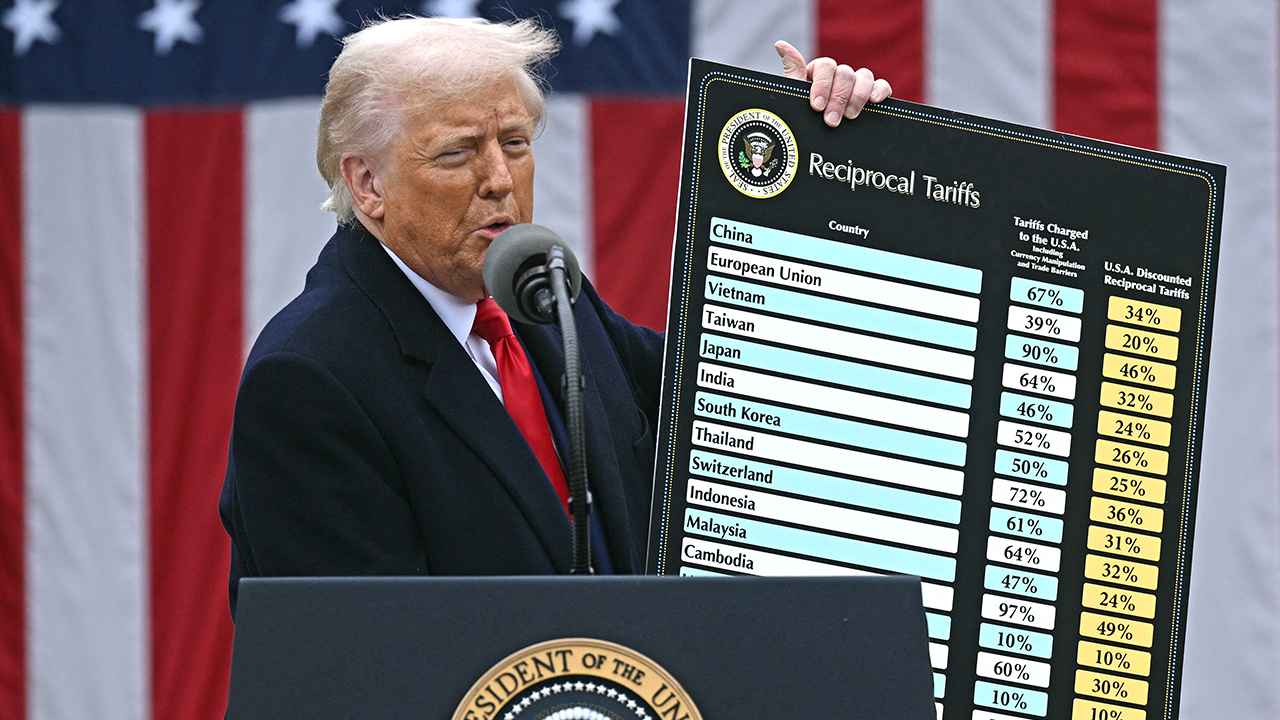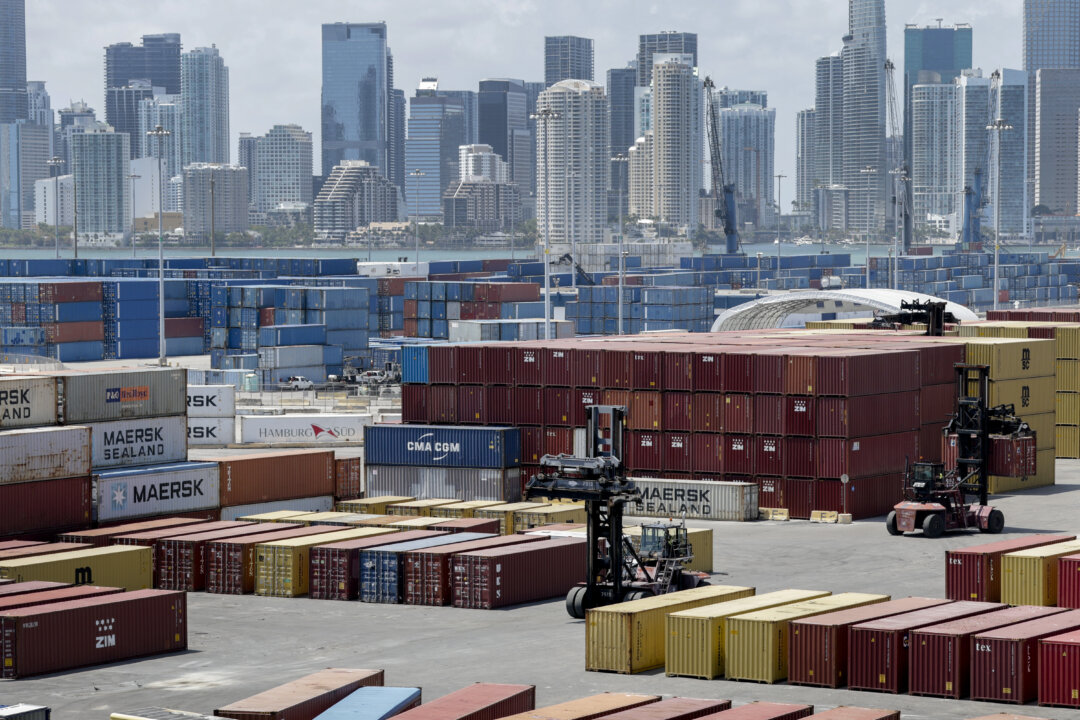Twelve States Challenge Trump Tariffs in Court Over Constitutional Authority
A dozen states sued Trump over tariffs, asserting he lacks authority under the International Emergency Economic Powers Act, causing economic chaos.
Subscribe to unlock this story
We really don't like cutting you off, but you've reached your monthly limit. At just $5/month, subscriptions are how we keep this project going. Start your free 7-day trial today!
Get StartedHave an account? Sign in
Overview
Twelve states, led by New York and Arizona, have filed a lawsuit in the U.S. Court of International Trade, challenging President Trump’s tariff policies. They argue that these tariffs, imposed without Congressional approval under the International Emergency Economic Powers Act, undermine constitutional authority and have led to inflation and job losses. State officials described the situation as economically reckless and called for a halt to the enforcement of these tariffs. This lawsuit follows California’s similar legal action last week, and both seek to prevent the tariffs from being enforced due to their perceived illegality.
Report issue

Read both sides in 5 minutes each day
Analysis
- A dozen states filed a lawsuit against the Trump administration's tariff policies, arguing they are unlawful and created chaos in the economy.
- The complaint asserts that only Congress has the authority to impose tariffs and challenges Trump's use of the International Emergency Economic Powers Act as a justification for these tariffs.
- Critics, including state attorneys general, have accused the Trump administration's tariffs of being economically reckless and harmful to American families and businesses.
Articles (13)
Center (9)
FAQ
The lawsuit involves twelve states: Arizona, Colorado, Connecticut, Delaware, Illinois, Maine, Minnesota, Nevada, New Mexico, New York, Oregon, and Vermont.
The states argue that Trump lacks constitutional authority because only Congress has the power to impose taxes and tariffs. They claim that the International Emergency Economic Powers Act was not intended for such broad trade policy changes without Congressional approval.
State officials describe the tariffs as 'economically reckless,' causing inflation and job losses, and leading to economic chaos across the country.
History
- 6M

 4 articles
4 articles










